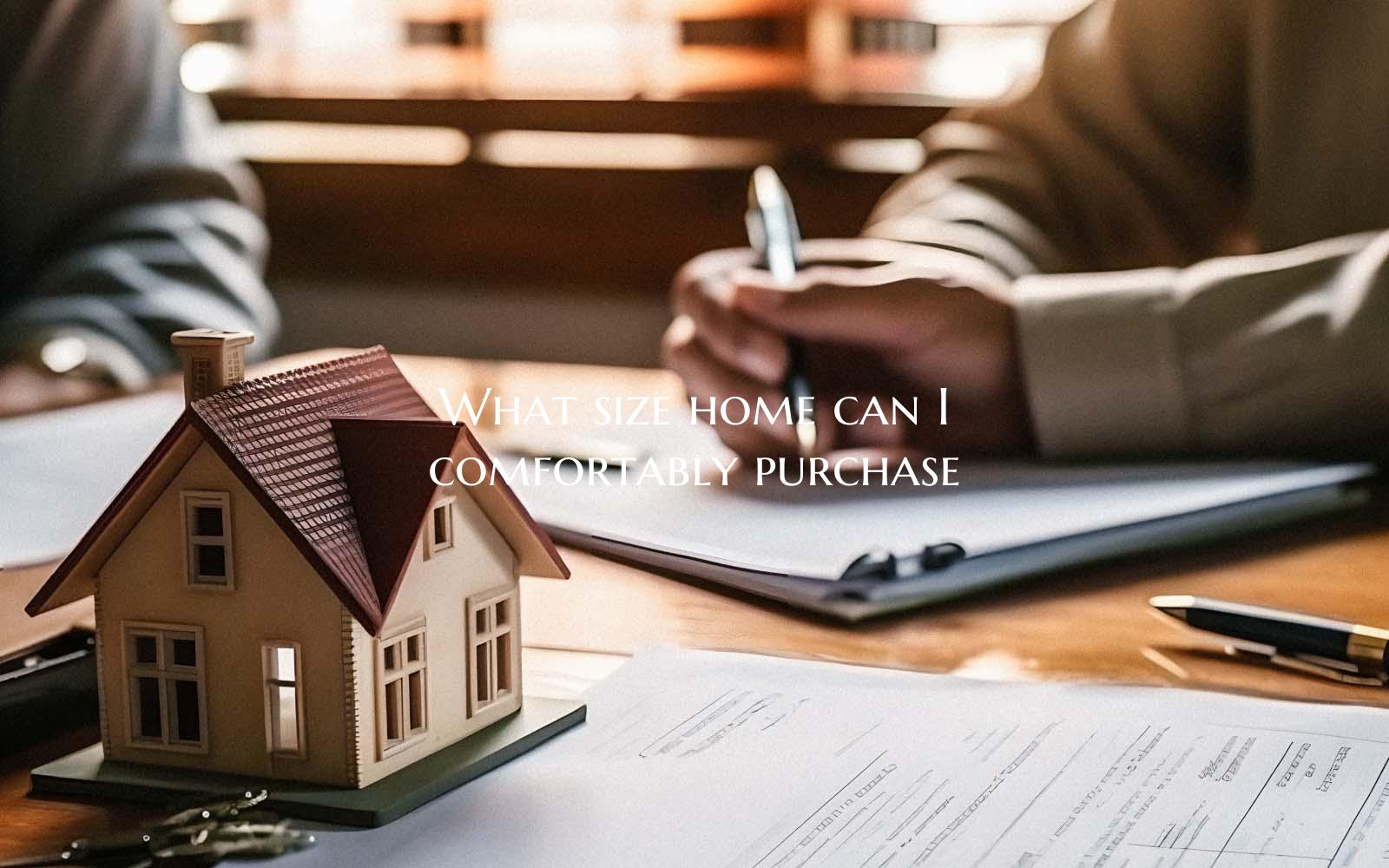What size home can I comfortably purchase

When considering purchasing a home, one of the most important factors to think about is the size of the home. Finding a home that you can comfortably afford not only in terms of the purchase price but also in terms of the space it offers is crucial for your overall well-being and financial stability.
The size of the home you can comfortably purchase depends on a variety of factors, such as your budget, lifestyle preferences, future plans, and financial goals. Here are some key points to consider when determining what size home you can comfortably purchase:
1. Budget: One of the first things to consider is your budget. Determine how much you can comfortably afford to spend on a home by taking into account your income, savings, existing debts, and other financial obligations. Make sure to factor in additional costs such as property taxes, insurance, maintenance, and utilities when calculating your budget.
2. Space Requirements: Consider your current and future space needs. If you have a growing family or plan to start one, you may need a larger home with multiple bedrooms and bathrooms. Think about how you will use the space in your home and whether you need extra rooms for specific purposes such as a home office, gym, or guest room.
3. Location: The size of the home you can afford may vary depending on the location. Real estate prices can vary significantly from one area to another, so consider the cost of homes in different neighborhoods or cities. Keep in mind that a smaller home in a desirable location may be more expensive than a larger home in a less popular area.
4. Resale Value: Think about the resale value of the home you are considering purchasing. While it's important to find a home that meets your current needs, it's also wise to consider how easy it will be to sell the home in the future. A home with a layout and size that appeals to a broad range of potential buyers may have better resale value.
5. Affordability: A general guideline is that your monthly housing costs should not exceed 28% of your gross monthly income. This includes mortgage payments, property taxes, insurance, and any homeowner association fees. It's important to choose a home size that you can comfortably afford without stretching your budget too thin.
Ultimately, the size of the home you can comfortably purchase is a personal decision that should align with your financial situation, lifestyle preferences, and long-term goals. By carefully considering your budget, space requirements, location, resale value, and affordability, you can determine what size home is the right fit for you and your family.
